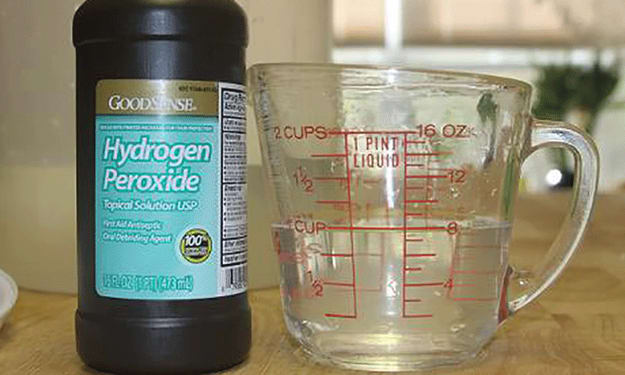Are Unpaid Bills Causing You a Headache?
Debt is something that no one wants to face in their life. Repaying debt can be very stressful and put a strain on your income. It is a serious pain that demands constant attention.

If the payment due date has passed, then chances are, a debt collector might engage with you to get the debt amount paid. These agencies are equipped to work with you, and help you in repaying your dues through systematic planning. It is always good to avoid such circumstances. But, let us understand how debt in collections work, so that you are aware of the actions you need to take if, God forbid, your debt gets high.
Debt in collections
In most of the cases, the creditor or the bank takes the call, when they would transfer the debt to the third party, also called debt collecting agency. Generally, these transfers are done six months after the due date of the loan payment. These agencies work in sync with the defaulters, to create a loan repayment plan. In this case, the loan is still owned by the original creditor. In some other cases, the loan can be sold to a debt buyer. Here, the new buyer becomes your creditor instead of the credit card company or bank from where you have taken the loan. The first creditor takes a call on taking help of a third party, or a debt buyer.
As per instructions from the Consumer Financial Protection Bureau, a debt collector can be an individual, company, or lawyer. They are third-party personnel who connect with the defaulters to help them in paying their dues. They can reach out to you through:
Collection letters—The first communication is through a collection letter that is sent by the credit card company or the bank itself. This happens within 180 days of collection activity, after which the debt is sold to debt collection agencies who then are responsible for the collection of any due amount. Once the transfer is complete, you will then receive a communication that your debt has been sent to collections.
Collection calls—The debt collector will be in touch with you through calls, to discuss the payment towards your dues. You can work with them to make a payment plan, and negotiate on reducing the interest rates.
Impact on credit profile
Once your loan has gotten into collections, there can be huge implications on your credit profile and score. Your credit score can drop anywhere between 40 to 70 points once it is with a debt collector or buyer. Therefore, it becomes very important that you negotiate with your collection agency for deleting the debt. Based on this deal, the collection item will be removed from your account once you have paid the debt. You can also file a dispute in the federal court, if you feel that the debt isn’t yours, and false records have been created. Just remember that a collection item stays in your profile for seven years, and can be a hurdle in your future financial deals.
Things to know
Some important points to remember if your debt goes in collections are:
- If you feel that debt isn’t yours, then notify the agency within the first 30 days of getting the collection letter. Complete proof of debt is a must.
- If the proof of debt looks fraudulent, then file a dispute with the CFPB.
- If the collection agency isn’t able to provide valid proof within 30 days of the complaint filing, then the item is removed from your credit report.
Be aware of your state laws while communicating with the agencies. Sometimes, accepting dues over a phone call is considered as proof.
How to move debt from collections
Clearing dues depends mostly on the debt type. You can either pay the entire amount, or negotiate a payment plan based on your financial health. During such situations, most people mortgage the dues for six to 10 months, and pay monthly installments. If your credit card has high interest rates, then you can transfer the debt to a zero-interest credit card. You can even reach out to counselors, and take their help in discussing payment options.
Conclusion
Paying debt is a tedious and stressful process once it gets into the loop of collections. I hope this article has given you some ideas about the debt collection process. Stay safe and debt-free!






Comments
There are no comments for this story
Be the first to respond and start the conversation.